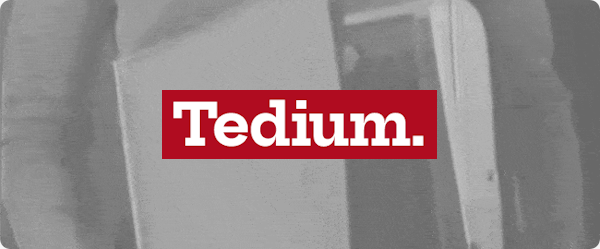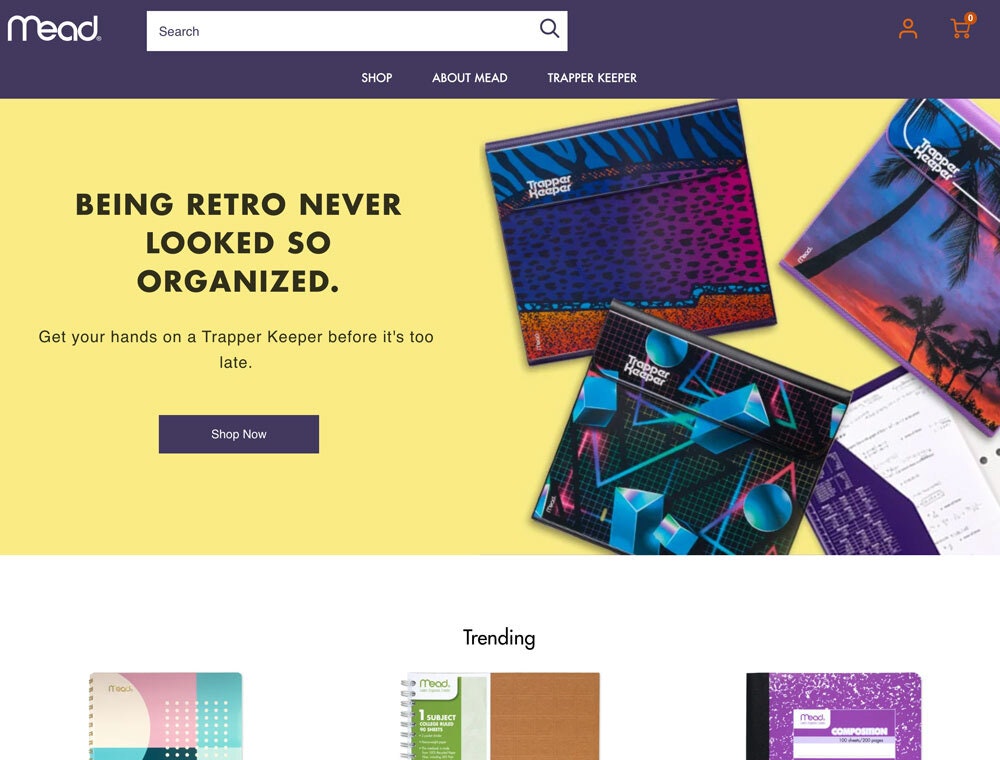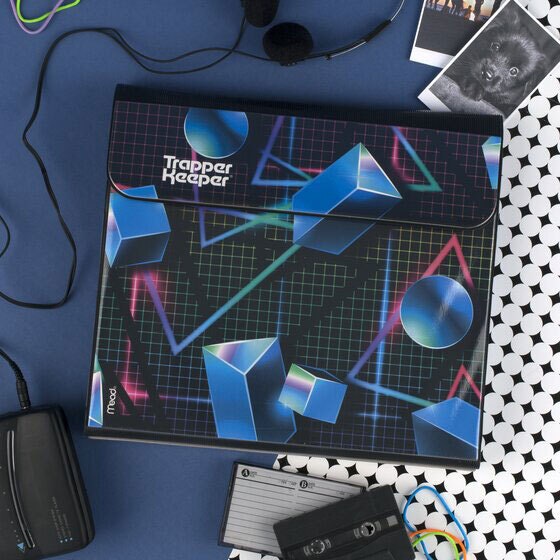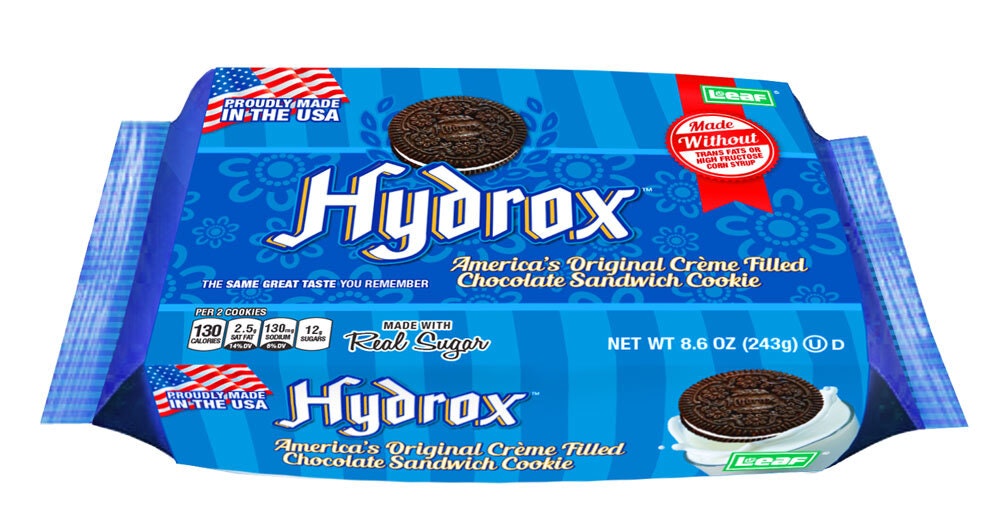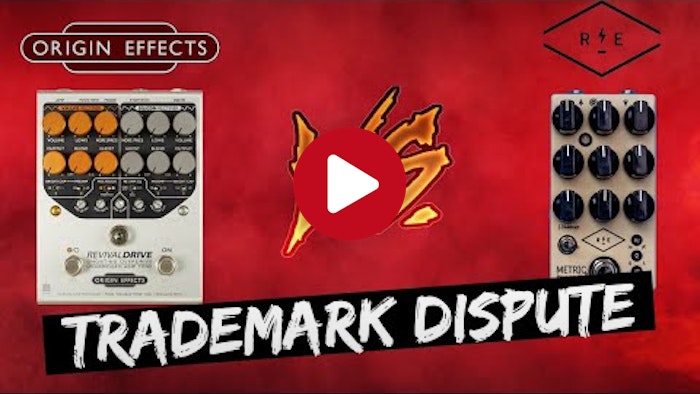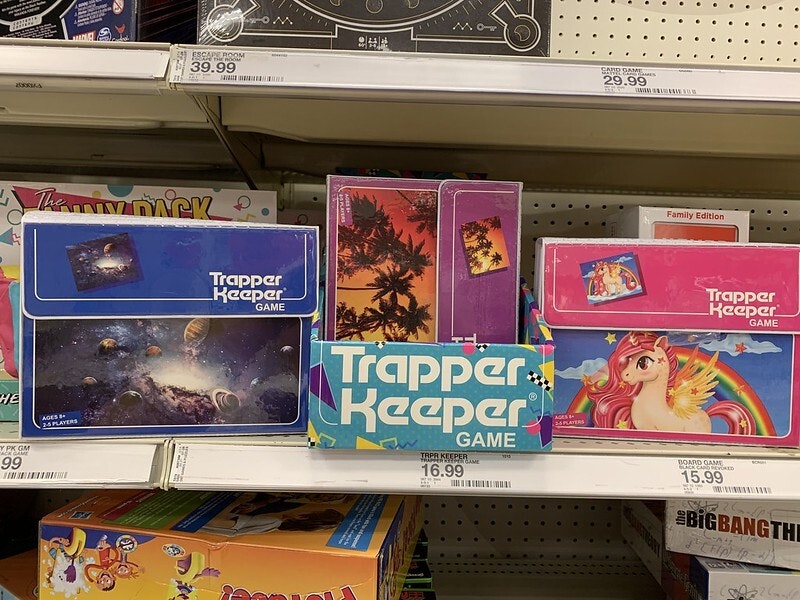Tedium - Trapped, Kept 📁
|
|
|
|
|
|
|
|
|
|
|
Older messages
The Hissing of Vintage Tapes 📼
Saturday, August 27, 2022
Why tape hiss was a necessary creative tension. Here's a version for your browser. Hunting for the end of the long tail • August 26, 2022 Hey all, Ernie here with a light refresh of a 2019 piece
The Original “Universal” Port 🕹
Wednesday, August 24, 2022
The Atari 2600's joystick port lived a life well beyond Atari. Here's a version for your browser. Hunting for the end of the long tail • August 24, 2022 Today in Tedium: We talk a lot about
This Is My Shocked Face 🔌
Monday, August 22, 2022
Power outlets that you might not be familiar with. Here's a version for your browser. Hunting for the end of the long tail • August 19, 2022 Today in Tedium: I have a problem with electrical
A Blank’s Blank 😶
Wednesday, August 17, 2022
What makes someone an “actor's actor”? Or the equivalent elsewhere? Here's a version for your browser. Hunting for the end of the long tail • August 17, 2022 Hey all, Ernie here with a fresh
Camper Van Mainframe 💾
Friday, August 12, 2022
Why “portable” used to be a relative term in computing. Here's a version for your browser. Hunting for the end of the long tail • August 12, 2022 Hey all, Ernie here with a refreshed piece from
You Might Also Like
Infographic | Visualizing the $29 Trillion U.S. Economy by State 💵
Thursday, February 27, 2025
Which states contribute the most to the US economy? This graphic breaks down the country's GDP by state, including overseas activity. View Online | Subscribe | Download Our App Get world-class
The Art of the Old Deal
Thursday, February 27, 2025
Tim Cook calls up some old plays to deflect Trump's tariffs... The Art of the Old Deal Tim Cook calls up some old plays to deflect Trump's tariffs... By MG Siegler • 24 Feb 2025 View in browser
How to get control of your time & Obsidian is now free for work
Thursday, February 27, 2025
HP acquires parts of disastrously failed Humane, Affinity ships free extensive 2.6 update, the future is too easy, and more in this week's issue of Creativerly. Creativerly How to get control of
Laravel Cloud, Laravel 12, and New Starter Kits!
Thursday, February 27, 2025
Your Laravel week in review ͏ ͏ ͏ ͏ ͏ ͏ ͏ ͏ ͏ ͏ ͏ ͏ ͏ ͏ ͏ ͏ ͏ ͏ ͏ ͏ ͏ ͏ ͏ ͏ ͏ ͏ ͏ ͏ ͏ ͏ ͏ ͏ ͏ ͏ ͏ ͏ ͏ ͏ ͏ ͏ ͏ ͏ ͏ ͏ ͏ ͏ ͏ ͏ ͏ ͏ ͏ ͏ ͏ ͏ ͏ ͏ ͏ ͏ ͏ ͏ ͏ ͏ ͏ ͏ ͏ ͏ ͏ ͏ ͏ ͏ ͏ ͏ ͏ ͏ ͏ ͏ ͏ ͏ ͏ ͏ ͏ ͏ ͏ ͏ ͏ ͏ ͏
Daily Coding Problem: Problem #1700 [Hard]
Thursday, February 27, 2025
Daily Coding Problem Good morning! Here's your coding interview problem for today. This problem was asked by Google. A quack is a data structure combining properties of both stacks and queues. It
Hooked On Velcro 👟
Thursday, February 27, 2025
How Velcro gained its unfashionable reputation. Here's a version for your browser. Hunting for the end of the long tail • February 24, 2025 Hey all, Ernie here with a lightly refreshed piece
📧 Building a Better MediatR Publisher With Channels (and why you shouldn't)
Thursday, February 27, 2025
Building a Better MediatR Publisher With Channels (and why you shouldn't) Read on: my website / Read time: 6 minutes The .NET Weekly is brought to you by: Using MassTransit with RabbitMQ or
Get your news from 1440 and receive only the facts.
Thursday, February 27, 2025
iPhoneLife Logo Sponsored email sent by iPhone Life 1440: Your Source for Unbiased News Join over 3.5 million Americans who start their day with 1440 – your daily digest for unbiased, fact-centric news
Two Actively Exploited Security Flaws in Adobe and Oracle Products Flagged by CISA
Thursday, February 27, 2025
THN Daily Updates Newsletter cover ⚡ LIVE WEBINAR ➟ Building Resilient Identity: Reducing Security Debt in 2025 Attacks Evolve, So Can Your Defenses--Learn How to Mitigate Risk and Optimize Identity
💪 These 10 Android Phones Were a Work of Art — 5 Mini PCs You Can Buy With Linux Preinstalled
Thursday, February 27, 2025
Also: I Wish My Parents Would Ditch Windows, and More! How-To Geek Logo February 25, 2025 Did You Know Sapphires and rubies are both forms of Corundum, a crystalline form of Aluminum Oxide. The
